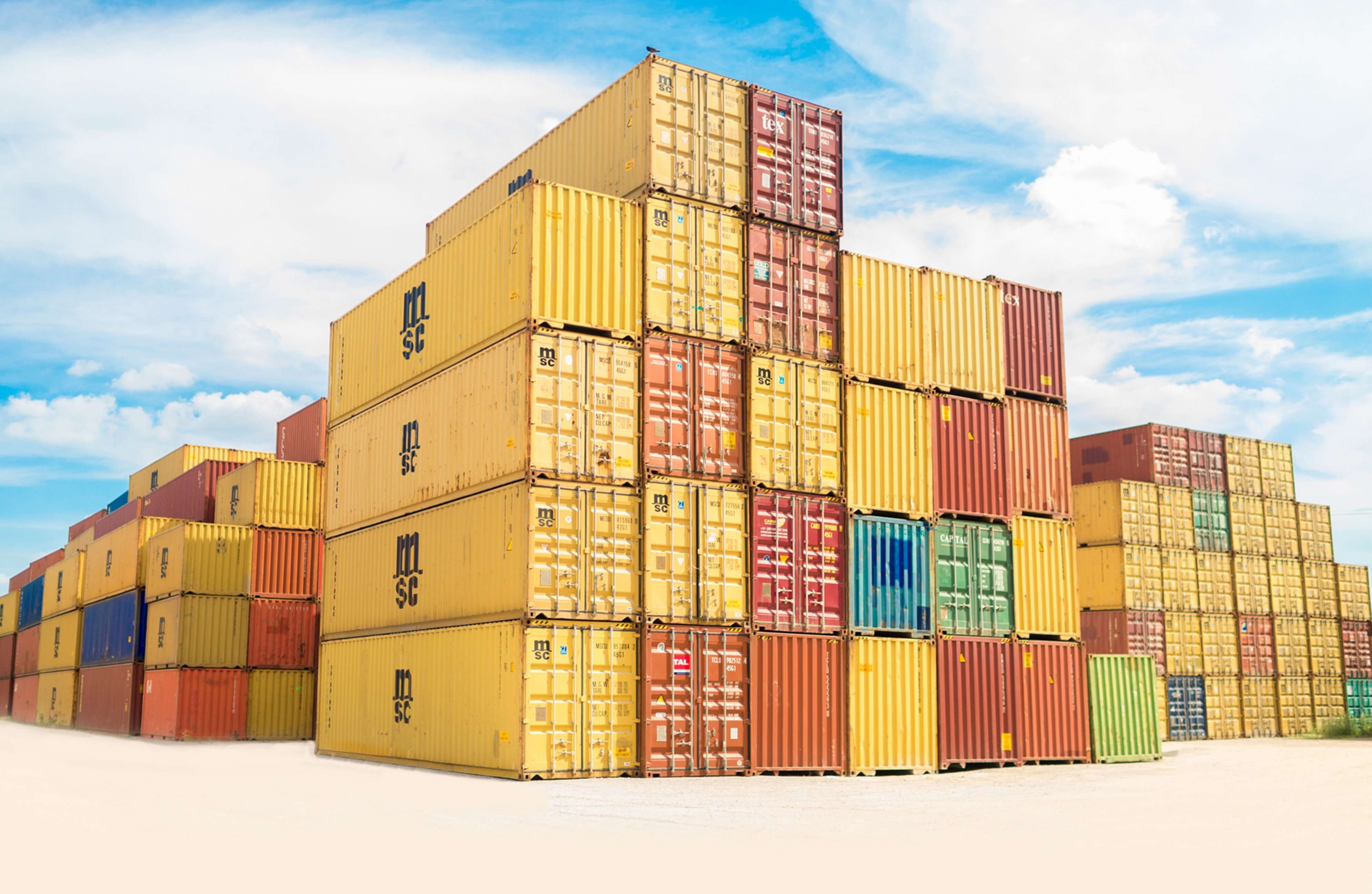I. EU to target pesticides and artificial fertilizers
Within its agenda for the plenary session from 18 to 21 October 2021, the European Parliament is set to debate the Commission’s Farm to Fork strategy and vote on its own-initiative report. The draft report was adopted in September 2021 after heavy amending following the opinions of sceptical MEPs within other committees. Although the Parliament’s decisions will not be legally binding on this occasion, they will signal how much momentum lies behind the Commission’s plan among lawmakers, and what compromises can be expected.
The file touches upon fiercely debated provisions such as potentially mandatory nutrition labels on the front of food packaging, a statement that industrial-scale farming increases the risk of zoonotic viruses jumping to humans, or a mention to Europeans’ excessive meat consumption. Critics have raised the alarm over potential negative spill overs from the EU’s new farm policy such as a drop in food production leading to a loss of competitiveness for European farmers along with a mere exporting of the environmental damage of food production. A report by the Commission’s own research service allegedly identified such risks as real possibilities, which prompted fierce criticism from MEPs leading to the plenary vote.
The Commission itself has stressed in its responses to parliamentary questions that targets within the Farm to Fork strategy – i.e., to halve pesticide usage by 2030, dramatically curb fertilizers, and ensure that a quarter of EU farmland is organic – are aspirational guidelines that will depend on the adoption and transposition of over 27 individual measures. These will include the ordinary review and impact assessment procedures of the sustainable use of pesticides directive or the Common Agricultural Policy, which means the political battle is far from over and will be long and arduous.
Alber & Geiger can use its extensive experience representation of agribusiness to strengthen your position in the legislative process.
II. EU to target connected devices in push for enhanced cybersecurity
The 2021 State of the Union Address also saw the European Commission announce an initiative to raise the cybersecurity requirements for digital services employed in critical sectors of the economy and society. The initiative will build on the existing proposal for a Directive on Security of Network and Information Systems (NIS2) that is currently processing through stages at the European Parliament. Boldened security standards for smart devices commonly used by European consumers is welcome by many, with a significant number of voices having raised the alarm over the lack of provisions to this effect.
The revision of the NSI2 is expected to update the regulatory framework and ensure that key manufacturers of connected devices, believed to often disregard cybersecurity as a selling point of their products, implement high standards in the protection of the users’ data across different devices. The creation of a European network of Security Operation Centres is also expected to regularly scan the network using artificial intelligence technologies to detect cyber threats. Lastly, the commitment to create a Joint Cyber Unit presented last June was reiterated with the objective of coordinating and setting up a European crisis management capability in the cybersecurity space.
There are a significant number of voices among Europe’s digital industry who had already underlined the lack of baseline cybersecurity requirements, pointing out insufficient existing rules and calling for a horizontal regulation. However, a call for caution about proliferation of EU proposals to regulate the cyber environment has also been made. Many believe that Europe needs more harmonized targets and easily implementable rules to achieve the right protection for Europeans while helping the domestic industry build cyber security capabilities at scale while retaining competitiveness and profitability.
Our expert team can help influence opinions and agendas on EU digital policy matters at the highest political level.
III.EU to review waste management rules
As the EU’s Circular Economy Action Plan materialises into concrete measures, the remainder of 2021 has some important developments in line concerning the regulatory framework of waste management. Before the end of year, the European Commission is expected to come up with a proposal for a regulation set to replace the Packaging and Packaging Waste Directive as the previous impact assessments and public consultations have led the European Commission to believe the current regulatory framework falls short of delivering on environmental targets. The European Commission has equally announced that a review of the Waste Framework Directive is underway with the start of a public consultation scheduled for the second quarter of 2022.
In a high level of ambitions scenario, the new rules could require all packaging to be reusable or recyclable under a new and enforceable definition of re-usable packaging. In certain applications where alternative reusable productions or systems are possible or consumer goods and be handled safely without packaging, forbidding the use of certain packaging materials and polymers is being considered. Producer Responsibility Schemes whereby businesses placing any kind of packaging on the single market ought to be directly involved in the collection and recycling of packaging waste are already meant to be fully operational by 2024.
Many welcome the revamp of the packaging and waste rules as key area to deliver tangible results on the Green Deal’s environmental goals. The European Parliament has reiterated its objective to make all packaging reusable or recyclable in an economically viable way by 2030 in. a resolution from February 2021. However, some voices have called for emphasis on the cost effectiveness and the preservation of competitiveness aspects in an already heavily regulated sector as the different proposals will process through stages at the EU’s co-legislating institutions.
Our team can guide you through the legislative changes being considered to maximise the impact of your positions in the European decision-making process, and to put you in a position to benefit from them.
IV. EU to boost local semiconductor industry
A European Chips Act was pitched by the European Commission during the annual State of the Union address aiming to increase Europe’s self-reliance and competitiveness in an increasingly critical industry. Its implications can be vast and range across many industries including the automotive, computer or home appliances sectors.
The idea is still at a very infant stage without a concrete date for a proposal from the Commission nor any mention in the 2021 work program. However, further steps can be expected in 2022 if the ambitious objective of boosting Europe’s share of semiconductor production to 20% by 2030. The momentum for introducing provisions to that effect has been building up in the face of persistent shortages and supply chain disruptions during the Covid-19 pandemic. As a result, there are now a significant proportion of voices who believe the issue goes beyond business considerations and touches the core of Europe’s geopolitical and technological sovereignty, making it a priority at a time of European growing “strategic autonomy”.
The European Commission has laid down three core areas where to expect EU action. First, a European semiconductor research strategy would aim to build up on already existing first-rate research capacity and aim to align it with European strategic interests and ambitions. Secondly, a collective plan to enhance European production capacity by directly supporting the creation of large-scale fabrication plants capable of producing the most advanced and energy-efficient semiconductors. Last, a framework for international cooperation and partnership with the aim to secure European supply chains through both diversification and creation of domestic capacity. A plethora of financing sources can be expected at both European, national, regional, and private level, as well as a potential dedicated European Semiconductor Fund.
Alber & Geiger can use its extensive experience in EU affairs to strengthen your position to capitalize from projects such as these.
V. EU to update emissions standards for vehicles
The European Commission is expected to come up with a proposal for a regulation on emissions standards for all petrol and diesel cars, vans lorries and buses. The so-called Euro 7 regulation concluded its public consultation period in late 2020 and will be proposed to Parliament and Council before the end of 2021. Although Euro 7 is widely perceived as a key tool to deliver on the EU’s Green Deal emissions reduction targets coming from the transport sector, concerns have been voiced over an excessive level ambition potentially trumping the competitiveness of Europe’s automotive industry.
A key area where the regulation is meant to improve on its predecessors Euro 6 and VI is the monitoring of real-world emissions from vehicles for their lifetime on the road. Measurement of on-road pollutant emissions data currently goes through post-processing, which averages emissions during accelerations and excludes some relatively high emissions of heavy-duty vehicles, particularly in urban traffic. Many thus believe that measurement should target actual tailpipe emissions during a vehicle’s daily use for a comprehensive depiction of emissions according to driving circumstances. Provisions to this effect are envisaged should the Commission opt for the highest-level of ambitions course of action.
The two more moderately ambitious alternatives currently on the table consider stricter limits on CO2 and NOx as well as the inclusion of harmful ultra-fine particles (PN10), ammonia (NH3) and nitrous oxides (N20) that were previously excluded from measurements of vehicle emissions. Furthermore, hybrid cars could also be forced to drive in electric-only mode in certain locations. The proposed regulation is expected to be adopted by 2025 after the proposal has gone through the usual back and forth between the EU institutions.
Our experienced team can assist you in shaping concrete provisions of EU regulations to tailor them to your business interests to the highest possible extent.
VI. EU-US Trade and Technology Council
There was a great deal of enthusiasm over the EU-US Trade and Technology Council (TTC) inaugurated on 29 September 2021 for a much-needed revival of transatlantic cooperation in a host of issues from the fight against climate change to the challenges of the technological revolution. Although the meeting in Pittsburgh was just the first of many encounters, it set the tone for how Brussels and Washington want to cooperate and pursue mutual interests. The event sent a strong signal of the two sides’ renewed wishes for an enhanced partnership and the need to overcome differences in the face of mounting global challenges.
The sheer size of the EU-US economic relationship only is enough cause to pursue the benefits of a closer partnership. Together, they account for a quarter of global trade and almost half of global GDP. It is no surprise that the business community welcomed the TTC with open arms as the first step towards building a reliable institutional framework for business opportunities to take full advantage of the transatlantic relationship’s tremendous potential to that effect. The ten working groups are now expected to advance their work and align shared trade and technology priorities on areas such as common technology standards, supply chain security, or data governance.
For the TTC to turn into a complete success, much of the work ahead will need to iron out the two bloc’s differences in some thorny issues. Chief among the contentious points is data protection regulation, where the EU’s notoriously strict standards have already prevented both sides to reach an agreement in the past whereby full disclosure of personal data between companies and organisations could take place with safety guarantees. Yet, officials insisted differences in some areas will not trump progress in others. All eyes are now on the TTC as a potential enabler of the Transatlantic Trade and Investment Partnership (TTIP)’s revival.
Alber & Geiger can put its distinguished internal relations team at your disposal to help you further understand and influence the current state of EU-US relations.

 The Commission will publish at the end of April an action strategy on the agri-food sector called “Farm to Fork”. This strategy covers the entire sector, from animal farming and agricultural practices to the point of sales. The plan should set out five pillars for action: reducing the use of pesticides and chemicals in agriculture, promoting organic farming, reducing food wastage, a new regulatory framework for livestock farming, and new food marketing rules. The entire agri-food sector is therefore facing a comprehensive reform of the regulatory framework.
The Commission will publish at the end of April an action strategy on the agri-food sector called “Farm to Fork”. This strategy covers the entire sector, from animal farming and agricultural practices to the point of sales. The plan should set out five pillars for action: reducing the use of pesticides and chemicals in agriculture, promoting organic farming, reducing food wastage, a new regulatory framework for livestock farming, and new food marketing rules. The entire agri-food sector is therefore facing a comprehensive reform of the regulatory framework. In December 2019, the new European Commission presented the European Green Deal. The ultimate goal of the European Green Deal is to make the European Union the first climate neutral continent by 2050. To meet this objective, the European Commission will embark on a comprehensive review of existing and ongoing legislative measures and consider rolling out new detailed rules. Aside from the obvious focus on climate neutrality, bold action will be taken in other areas, including energy transition, agriculture, circular economy and sustainable transport. The European Green Deal is not only a political commitment, but a concrete new agenda that will shape European policy for the years to come. In that sense, the European Green Deal will affect all businesses and investors.
In December 2019, the new European Commission presented the European Green Deal. The ultimate goal of the European Green Deal is to make the European Union the first climate neutral continent by 2050. To meet this objective, the European Commission will embark on a comprehensive review of existing and ongoing legislative measures and consider rolling out new detailed rules. Aside from the obvious focus on climate neutrality, bold action will be taken in other areas, including energy transition, agriculture, circular economy and sustainable transport. The European Green Deal is not only a political commitment, but a concrete new agenda that will shape European policy for the years to come. In that sense, the European Green Deal will affect all businesses and investors.
 The European Commission has recently launched a public consultation on its State aid framework in the agriculture sector, which is set to expire in December 2020. State aid control in the period 2021 to 2027 needs to be adapted to the future legal framework of the Common Agricultural Policy. The European Commission aims at strengthening the level playing field in the agriculture sector as well as fostering competitiveness and growth of the enterprises concerned.
The European Commission has recently launched a public consultation on its State aid framework in the agriculture sector, which is set to expire in December 2020. State aid control in the period 2021 to 2027 needs to be adapted to the future legal framework of the Common Agricultural Policy. The European Commission aims at strengthening the level playing field in the agriculture sector as well as fostering competitiveness and growth of the enterprises concerned. The European Commission has issued a public consultation to evaluate legislation on additives for use on animal nutrition. The review will cover substances, microorganisms or preparations added to feed to influence the feed or have an effect in the animal.
The European Commission has issued a public consultation to evaluate legislation on additives for use on animal nutrition. The review will cover substances, microorganisms or preparations added to feed to influence the feed or have an effect in the animal. The European Union has picked up President Donald Trump’s tariffs challenge and is considering responding with trade countermeasures. The WTO rules afford its members the possibility to impose temporary levies as safeguard. At the same time, it allows its members to retaliate proportionately in case the new trade restrictions are not adequately compensated within 90 days.
The European Union has picked up President Donald Trump’s tariffs challenge and is considering responding with trade countermeasures. The WTO rules afford its members the possibility to impose temporary levies as safeguard. At the same time, it allows its members to retaliate proportionately in case the new trade restrictions are not adequately compensated within 90 days. The EU is determined to simplify and modernize the Common Agricultural Policy (“CAP”). This follows the 2016 findings of the Agricultural Markets Task Force and the Inception Impact Assessment, which was recently concluded.
The EU is determined to simplify and modernize the Common Agricultural Policy (“CAP”). This follows the 2016 findings of the Agricultural Markets Task Force and the Inception Impact Assessment, which was recently concluded.